False Memory Phenomenon Demonstrated in Mice
Scientists believe they caught a glimpse of the process of false memory creation by manipulating laboratory mice to "remember" an experience that never happened.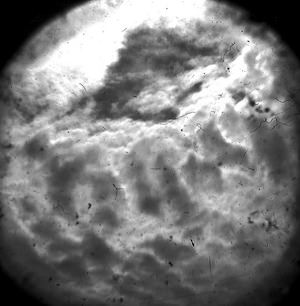
Scientists believe they caught a glimpse of the process of false memory creation by manipulating laboratory mice to “remember” an experience that never happened.
Massachusetts Institute of Technology neuroscientist Susumu Tonagawa used a technique that allows for the fine control of individual brain cells to make mice associate or “remember” an electric shock received in one environment with the surroundings of another location.
Memory experts know that human recall of past events is notoriously limited and thus unreliable and even dangerous in cases where witnesses are making statements in courts of law. Juries have convicted defendants based on eyewitness testimonies that turned out to be proved false once DNA or some other corroborating evidence was brought forward.
Chris French, head of the Anomalistic Psychology Research Unit at Goldsmiths, University of London and a leading researcher in false memories in humans, said the latest results were an important first step in understanding the neural basis of false memories.
“Memory researchers have always recognised that memory does not, as is often assumed, work like a video camera, faithfully recording all of the details of anything we experience,” he told The Guardian. “Instead, it is a reconstructive process which involves building a specific memory from fragments of real memory traces of the original event but also possibly including information from other sources.”
— Posted by Alexander Reed Kelly.
Your support matters…The Guardian:
“Humans are very imaginative animals,” said Tonagawa. “Independent of what is happening around you in the outside world, humans constantly have internal activity in the brain. So, just like our mouse, it is quite possible we can associate what we happen to have in our mind with bad or good high-variance ongoing events. In other words, there could be a false association of what you have in your mind rather than what is happening to you.”
He added: “Our study showed that the false memory and the genuine memory are based on very similar, almost identical, brain mechanisms. It is difficult for the false memory bearer to distinguish between them. We hope our future findings along this line will further alert legislatures and legal experts how unreliable memory can be.”
Independent journalism is under threat and overshadowed by heavily funded mainstream media.
You can help level the playing field. Become a member.
Your tax-deductible contribution keeps us digging beneath the headlines to give you thought-provoking, investigative reporting and analysis that unearths what's really happening- without compromise.
Give today to support our courageous, independent journalists.
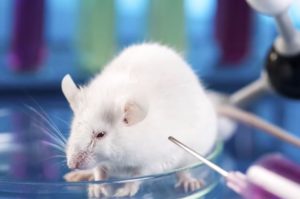
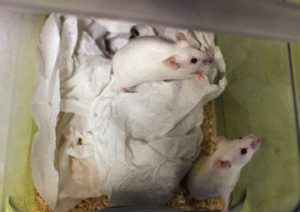
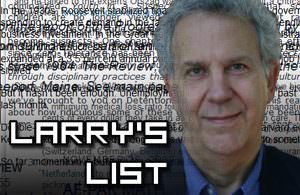
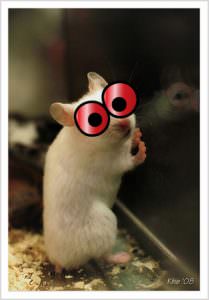
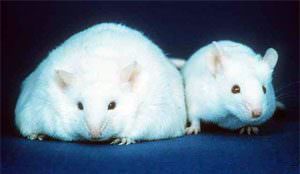
You need to be a supporter to comment.
There are currently no responses to this article.
Be the first to respond.